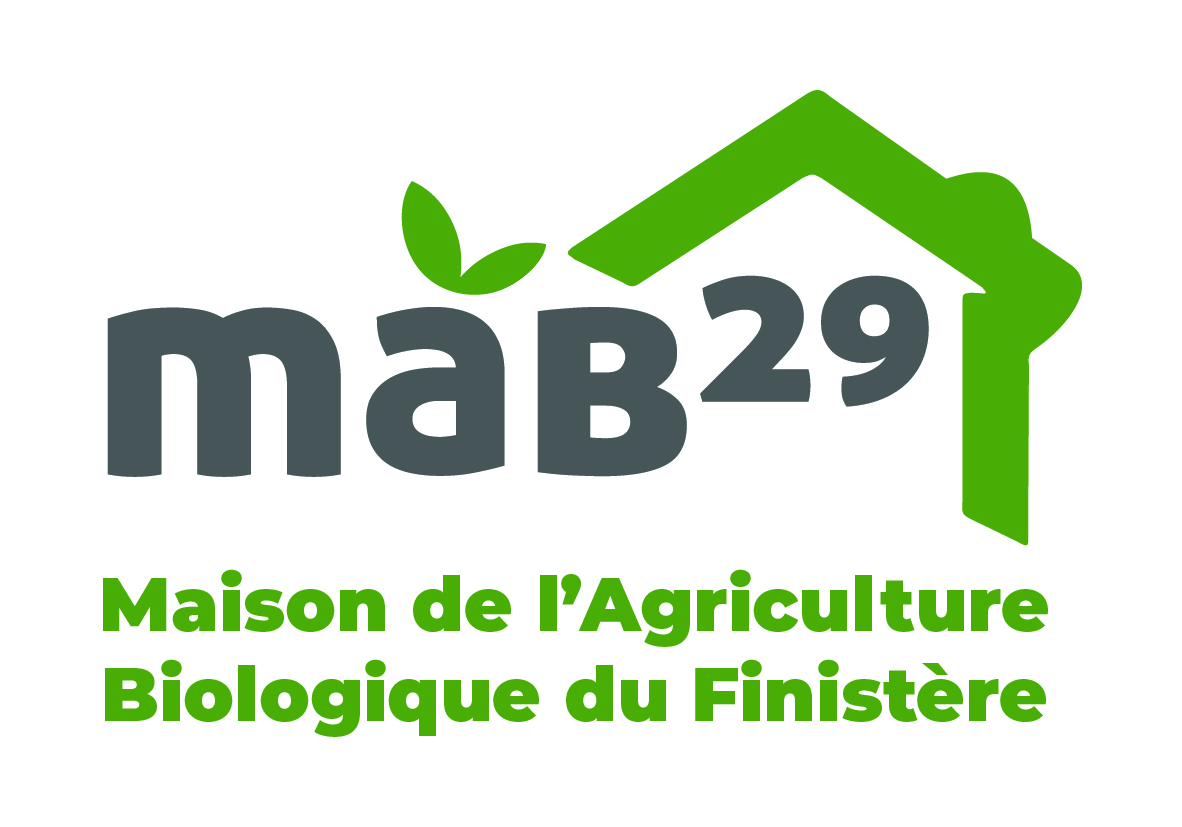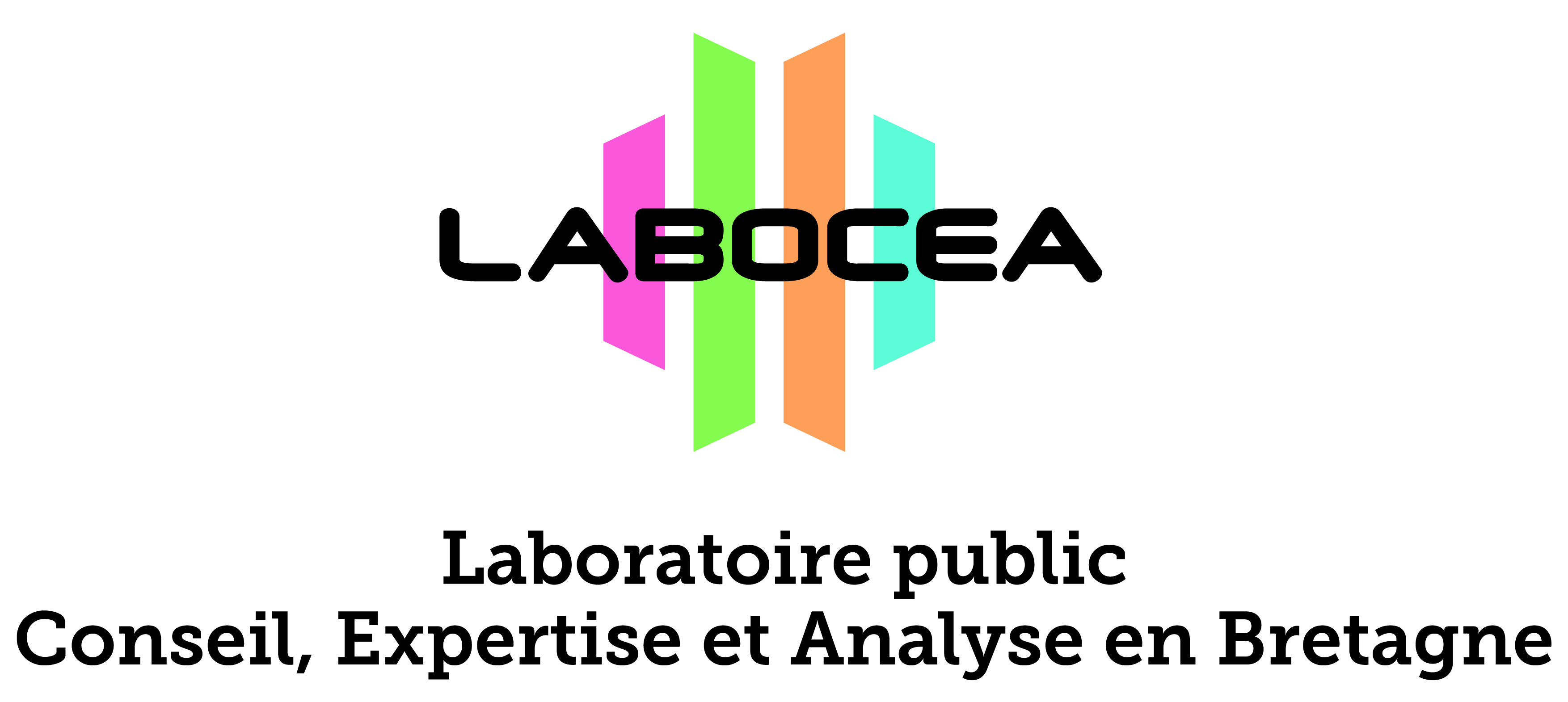What is Cool Food Pro?
Cool Food Pro aims to make the catering industry more sustainable.
It supports caterers like you to make better choices around how you source your ingredients and plan your menus, reducing your impact on the environment.
Cool Food Pro is a carbon savings calculator exclusively for the catering sector. It has been created with the help of other caterers like you. It is free and easy to use. The tool calculates your environmental impact and then suggests ways that you can make positive changes.
By being part of Cool Food Pro, you will have access to helpful information and tips. Our library of resources includes good practices guides, sustainable recipes and exclusive communications materials to celebrate the changes you've made with your customers.
The Cool Food Pro phase 1 project was delivered by five partner organisations from England and France between 2021 and 2023. It was funded by the Interreg France Channel England Programme, an EU Regional Development Fund.
Soil Association's work on the project is now supported by Deloitte, as part of their Beyond Value Chain Mitigation scheme. This is enabling the development of exciting new features for Cool Food Pro. These include ingredient-level data, full menu analysis and a more user-friendly experience, making it even easier for caterers to create menus that are kinder to the planet. From schools to professional kitchens, the tool is helping people take meaningful steps towards sustainability.
What our caterers say
I got involved in the project to gain more knowledge and take some responsibility for the food we serve, the miles it travels, the energy used to produce it, how to use more local, seasonal produce and how that has a positive impact on our customers. The carbon calculator is amazingly simple and effective to use, brilliant!

How does it work?
Cool Food Pro helps you make changes in five key areas to reduce your carbon footprint.
Here’s what you can do:
Why use Cool Food Pro?
Provide healthier and more sustainable meals
Meet your sustainability targets
Be a leading example in your industry
Make cost savings by reducing waste, water and energy
Cool Food Pro is free to use. There are no sign up or subscription costs, thanks to ongoing support from our funders.
By signing up you can help reduce the environmental impact of the food you source and serve, plus enable your business to run more efficiently.
Share your achievements with your customers with specially tailored communications materials which are all free to download in your member portal account.
Who is behind the Cool Food Pro project?


UBO
Lead partner of the project, the University of Western Brittany (UBO) was founded in 1971, and is a multidisciplinary university in tune with the social, economic, political, cultural and environmental changes of our societies and the associated challenges. The UBO has more than 22,000 students, 600 teachers and researchers and 32 research units. The LEGO laboratory carrying the Cool Food Project has a natural interdisciplinary character (management, economics, communication) which allows it to approach the research issues from several complementary angles . LEGO wishes to develop its expertise on sustainable food, hence its direct participation in the Cool Food Pro project.


MAB29
MAB29 is an association that brings together organic professionals and consumers and works for the development of organic farming in Finistère (the western part of French Brittany).
With 20 years' experience in helping catering professionals to change their practices, it also works to structure the organic sector in Finistère, creating links between professionals and consumers, and raising awareness among people of the link between agriculture, food, the environment and health.


PECT
PECT is a sustainability charity with 27 years of experience in delivering energy saving, low carbon projects, helping save businesses and individuals money on their energy bills, and contributing to the reduction of carbon. This includes the national Investors in the Environment accreditation scheme, which works with businesses to help reduce their waste and energy consumption, through one-to-one support, training and events and our environmental education programme that supports schools to be more sustainable. PECT are experts in sustainability, community engagement and behaviour change and engage with thousands of individuals and organisations annually.


The Soil Association
The Soil Association is the charity working with everyone to transform the way we eat, farm and care for our natural world.
Through their award winning programmes the Soil Association delivers positive change transforming food culture in schools, hospitals, care homes and communities, making good food the easy choice for everyone.
The Soil Association has an extensive network of caterers already committed to taking environmental action via their Food for Life Served Here award and Green Kitchen Standards. As recognised experts in food, supply chains and catering, the Soil Association digs deeper to transform the way we eat, farm and care for our natural world, delivering solutions towards securing fair, healthy and sustainable food


LABOCEA
LABOCEA is the first public territorial analysis laboratory in France. Spread over five sites in Brittany (Brest, Quimper, Ploufragan, Combourg and Fougères), LABOCEA offers a wide range of services: laboratory analysis of water, the environment, asbestos, plant pathology, animal health and food hygiene. Research and development experts in the field of water, the environment and food hygiene, they also produce autogenous animal vaccines, and focus on supporting food professionals in their approach to controlling food safety and reducing food waste.


